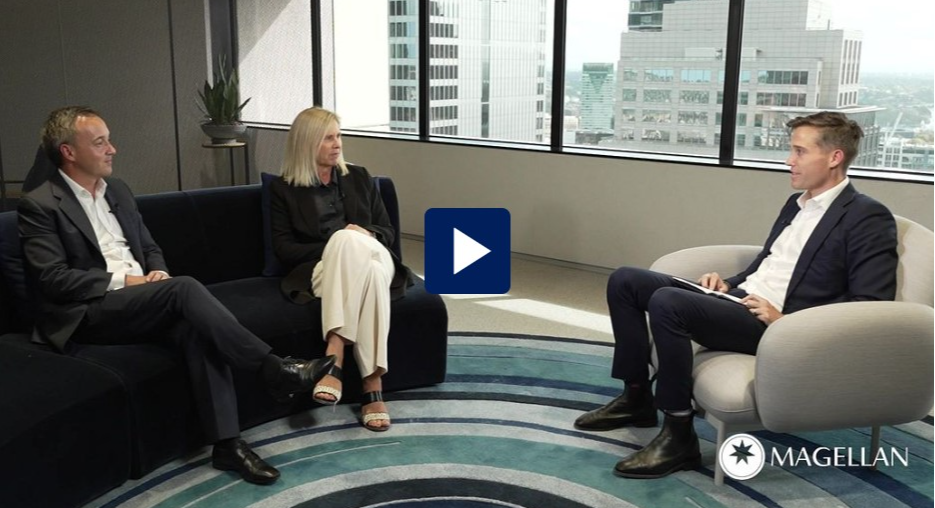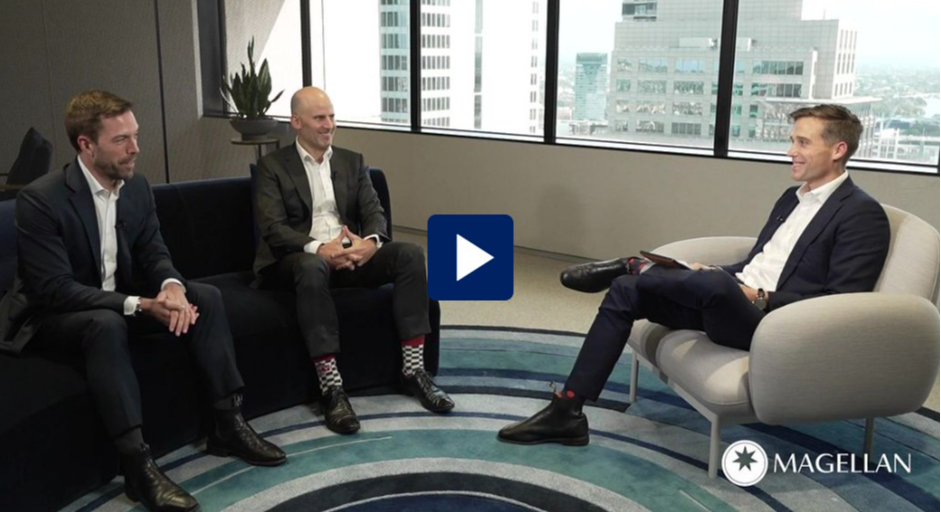by Mark Hawtin – Investment Director
The global semiconductor shortage has caused problems for companies across a range of sectors, from car manufacturers to consumer electronics firms. With global lockdowns largely hampering the supply chain and demand only ramping up, in our view, there is a wide consensus belief that this demand should only support earnings growth. However, we hold the strong view that the sector is not properly understood by the market.
Most analysts and investors have only ever seen growth from semis. In our view, semis are cyclicals at heart; true, there is a new secular driver in electric vehicles, autos, 5G, sensors, Internet of Things etc but this serves only to make them perhaps growth cyclicals. When the cycle turns, we expect revenues will decline, which will push down margins on the fixed cost infrastructure, which in turn will cut earnings. We expect the size of that cut to be significant, resulting in the market not being willing to pay the extreme valuations being commanded today. The net effect of this negative compression could be circa 30-50% or more price falls in an economic downturn. These cycles and the resulting compressions have played out a number of times over the last 30 years and we believe there is no reason why this could not happen again.
Arete Research recently published a research paper that reiterates that the sector is not one that can be looked at holistically. We deliberately do not look at semis as a sector; in our view, as a vertical market, it ignores the wide end-use cases. Our justification for not owning much of the sector directly is based on the valuation being expected for players in themes we think can be expressed more cheaply elsewhere. Our views are driven by our philosophy of investing thematically. Within the global equity investible universe there are so many drivers and moving parts depending on the area and theme, and in our view identifying these is our strength. Traditionally, semiconductors could have been looked at as a homogenous group, but that is no longer the case. We would argue one’s investing mentality needs to move away from looking at it as a vertical and rather towards its uses across industries – the horizontal approach we take to all our investing. It is about who uses the product, not who makes it.
With this in mind, within storage, we favour names such as Micron or Seagate – both data storage companies – and for what we term ‘Digital 4.0’, the fourth digital wave, we like companies developing data-based infrastructures such as Sensata Technologies or Marvell.
As a structural investment in the secular themes, we own wafer manufacturers. These are end-use agnostic; the semiconductor component produced does not have a defined end-use. The wafer fabrication industry has shrunk to only three core players and this has established price discipline just as demand has tightened considerably. Until pricing stabilised in 2019, wafer manufactures had been subject to constant price pressures and refused to grow capacity until pricing stabilised. This has had a monopolising effect – these core companies can command pretty much whatever price they want – although it is worth bearing in mind wafer costs account for less than 5% of end semiconductors cost. Siltronic, a silicon wafer supplier, revealed some time ago that it would not build factories on greenfield sites unless prices were 30% higher; at that level, valuations will look absurd. For this reason, if investors want exposure to the supply chain issues, this could be a consideration in determining whether they have picked the right end market.
Therefore, in our view, it is hard to justify paying the price semiconductors are being valued today. Instead, we intend to continue looking for ways to invest in the themes we consider can be true alpha generators.













